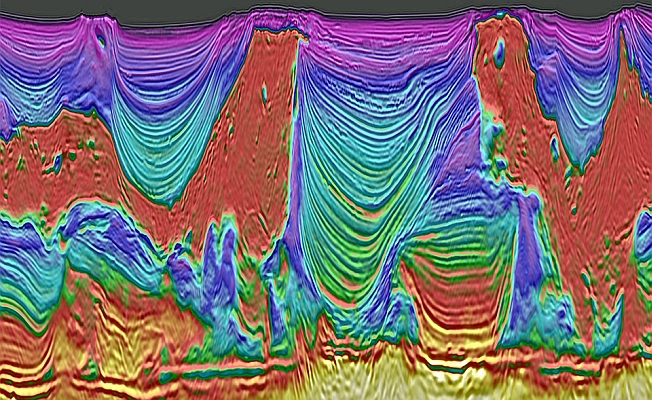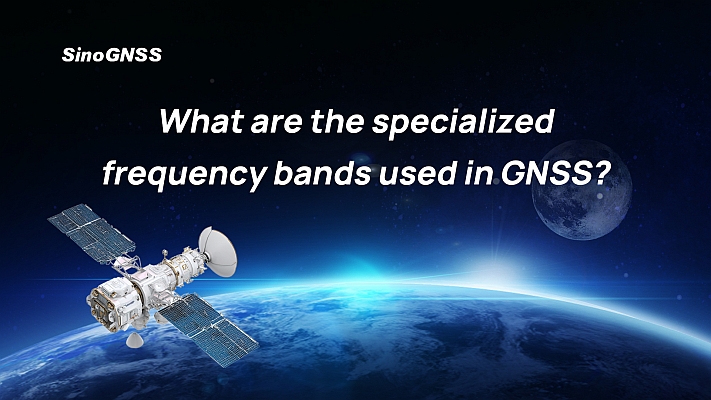The Global Spatial Data Infrastructure – GSDI 12 World Conference took place in Singapore from 19 to 22 October 2010. The partners organizing this conference included the GSDI Association, the Permanent Committee on GIS Infrastructure for Asia & the Pacific (PCGIAP) and the Singapore Land Authority (SLA). The Open Geospatial Consortium (OGC) is also a founding member of the GSDI Association and was a GSDI 12 World Conference collaborator.
"Governments at all levels in all countries depend on information about location and place," noted Abbas Rajabifard, President of the GSDI Association, "and the rapid advance of technology makes such information much easier to collect, use, and distribute. This creates opportunities and challenges for all countries. Technical innovation creates a need for policy innovation and for collaboration among government, the private sector and academia. GSDI World Conferences provide a unique forum for representatives of all these sectors to network and learn about the technical, societal, legal and policy issues concerning spatial data infrastructures."
The theme for GSDI 12 was "Realizing Spatially Enabled Societies." The conference organizers set out to encourage collaboration to help create an enabling environment that enhances outcomes in societies, economies and the global environment. A peer-reviewed book on this topic was launched during the conference. It focuses on research, emerging trends and critical assessment and it showcases examples of spatial enablement serving societal needs. More than 100 countries are actively developing spatial data infrastructures, and with over 650 attendees, GSDI 12 proved to be a very successful event. Participants listened to experts speak on a wide range of topics including technology, standards, and spatial law and policy. A session at the conference presented by World Bank personnel focused on development of a guide for ‘How to get started with SDIs for developing nations.’ Participants listened to speakers from around the world, shared knowledge and traded experiences.
The 12th GSDI Conference was conducted jointly with the 16th annual meeting of the Permanent Committee on GIS Infrastructure for Asia & the Pacific (PCGIAP), representing 56 nations in the region. There was also an inaugural meeting of the International Geospatial Society, a member arm of the GSDI Association for individuals.
GSDI 12 Conference proceedings are available at www.gsdi.org/gsdi12.
The GSDI 13 Conference will take place in Quebec City Canada in May 2012.
The GSDI Association is an inclusive group of organizations, agencies, firms, and individuals from around the world. The purpose of the organization is to promote international cooperation and collaboration in support of local, national and international spatial data infrastructure developments that allow nations to better address social, economic, and environmental issues of pressing importance. As well as delivering these successful conferences for networking and knowledge transfer relating to SDIs, the GSDI Association also provides a small grants program for SDI initiatives in developing nations, supports several regional newsletters for the global geospatial community, and is actively developing a Geographic Information Knowledge Network. A presentation on the developing network indicates that the site will be a unique industry resource where SDI experts can be found throughout the world according to their specific domains or areas of expertise, such as metadata, data quality or spatial law and policy. For information regarding individual or organizational membership in the GSDI Association see www.gsdi.org/joinGSDI.
The Permanent Committee on GIS Infrastructure for Asia & the Pacific (PCGIAP) was established pursuant to resolution 16 of the 13th United Nations Regional Cartographic Conference for Asia and the Pacific (Beijing 1994). It operates under the purview of the United Nations Regional Cartographic Conference for Asia and the Pacific (UNRCC-AP). The aims of the Committee are to maximize the economic, social and environmental benefits of geographic information in accordance with Agenda 21 by providing a forum for nations from Asia and the Pacific to cooperate in the development of a regional geographic information infrastructure.
Singapore Land Authority (SLA) is a statutory board under Singapore’s Ministry of Law. The SLA’s focus is on land resource optimisation. The SLA is responsible for the management of State land and buildings, land sales, leases, acquisitions and allocation, developing and marketing land-related information and maintaining the national land information database. The SLA is also the national land registration authority and is responsible for the management and maintenance of the national land survey system.
See other photos taken at GSDI 12 by The Singapore Land Authority.
Follow us on Twitter.






